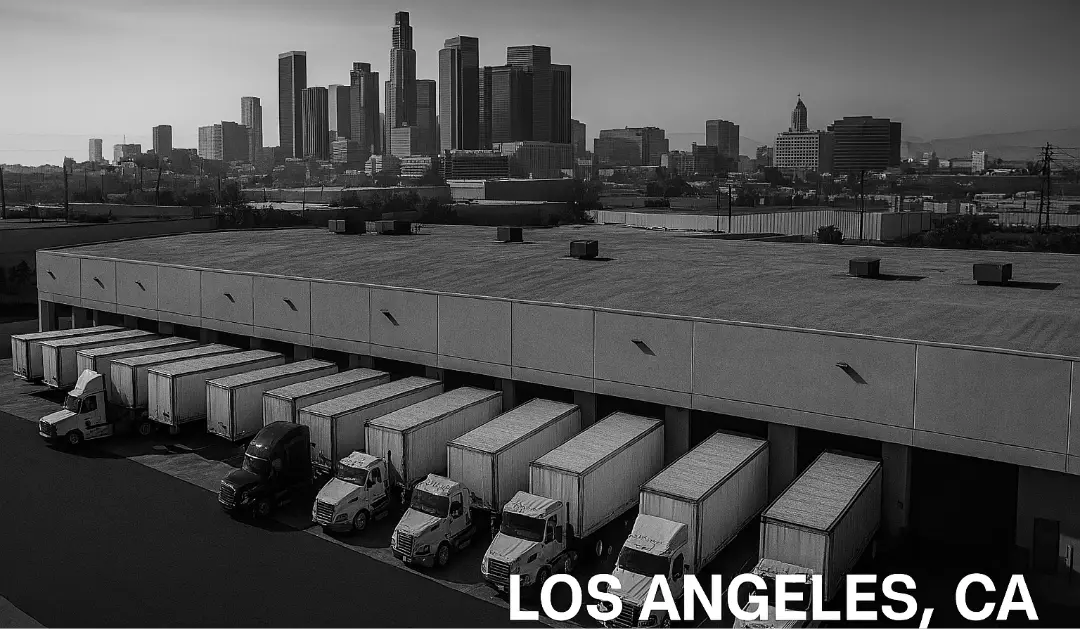Fourth-party logistics, or 4PLs, are essential to the supply chain process. In this blog, we will explore what 4PLs are. Then, we’ll discuss how they differ from traditional logistics and why they are becoming popular.
What Do We Mean By Logistics?
Firstly, it’s essential to know what logistics means. Logistics refers to the process of planning, implementing, and controlling the movement and storage of goods from the point of origin to the point of delivery. This process involves many different parties, including suppliers, manufacturers, distributors, and retailers.
Traditionally, logistics has been managed by third-party logistics providers or 3PLs. These companies handle the physical movement of goods, such as transportation and warehousing. However, 4PLs take things a step further. They also manage the strategic planning and coordination of the supply chain process.
What are 4PLs
Let’s break down 4PLs. Fourth-party logistics, or 4PL, refers to a type of logistics service provider that manages and oversees an entire supply chain process on behalf of its clients. This includes managing the physical movement of goods and the strategic planning and coordination of all parties involved in the supply chain.
In other words, 4PLs act as a “middleman” between the various parties involved in the supply chain. They work to optimize the process by coordinating with all parties involved. This ranges from suppliers to end customers. This can reduce costs, improve efficiency, and increase overall supply chain visibility.
3PLs vs 4PLs
Next, let’s discuss other logistics providers. So, what makes 4PLs different from traditional logistics? While 3PLs focus primarily on the physical movement of goods, 4PLs take a more holistic approach. They oversee the entire supply chain process from start to finish, including everything from sourcing raw materials to delivering finished products to customers.
Another key difference is the level of control that 4PLs have over the supply chain process. Unlike 3PLs, who are typically only responsible for specific tasks, 4PLs have a much broader scope of responsibility. They work closely with all parties in the supply chain to ensure everything runs smoothly.
Fourth Party Logistics, or 4PL, refers to a type of logistics service provider that manages and oversees an entire supply chain process on behalf of its clients. This includes managing the physical movement of goods, as well as the strategic planning and coordination of all parties involved in the supply chain. In other words, a 4PL acts as a “middleman” between the various parties involved in the supply chain. They aim to optimize the process, reduce costs, and improve efficiency.

Benefits of 4PLs
Now that we know what 4PLs are and how they differ from traditional logistics, let’s look at their benefits. One of the most significant advantages of using a 4PL is increased visibility into the supply chain process. Because 4PLs oversee the entire process, they can access a wealth of data and use this information to identify areas for improvement.
Another benefit of using a 4PL is improved efficiency. By coordinating with all parties in the supply chain, 4PLs can help streamline processes. Further, this reduces waste. This can lead to cost savings and improved customer satisfaction.
Finally, 4PLs can help reduce risk in the supply chain. By providing end-to-end visibility and coordination, they can help identify potential issues before they become significant problems, reducing delays, disruptions, and other supply chain issues.
Who Are 4PLs For?
4PLs are used by a wide range of organizations across various industries. Any company that relies on a complex supply chain process to bring products to market could potentially benefit from the services of a 4PL provider.
Some common examples of industries that use 4PLs include manufacturing, retail, healthcare, and technology. Supply chain processes can be complex in these industries and involve multiple parties, making optimizing efficiency and minimizing costs challenging.
By working with a 4PL provider, companies can benefit from increased visibility and coordination across the entire supply chain process. This can lead to cost savings, improved efficiency, and better performance.
Any organization that relies on a complex supply chain process could benefit from working with a 4PL provider.
Conclusion
In conclusion, 4PLs are essential to the modern supply chain process. By providing end-to-end visibility and coordination, they can help to improve efficiency, reduce costs, and increase customer satisfaction. If you want to optimize your supply chain process, consider a 4PL.




